How pelvic health physio can help you
Find the help that you need for your pelvic health in Derbyshire and South Sheffield
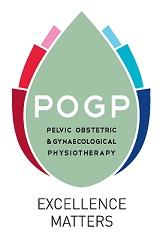

Pelvic health (or previously women's health) physiotherapy is a specialist area of physiotherapy and can be helpful at any stage of life, but especially with:
Pregnancy
Post baby (post partum)
Peri menopause
Post menopause
Before or after gynaecological surgery
After protsate surgery

Tummy gap check (rectus abdominus diastasis check)
Rectus Abdominus Diastasis (RAD) is a normal adaptation at the end of pregnancy, whereby the connective tissue between the six pack muscles (rectus abdominus) thins and there is a widening of the gap between the two muscle bellies.
Post natal abdominal rehabilitation needs to be individualised and specific, depending on the type of exercise or activities you need to return to. Evidence suggests that exercise in general is important for abdominal recovery to improve strength in this area. Having a personalised plan plays a key part in loading and testing muscles in a progressive way.
Sarah will guide you through how best to do this after an initial assessment
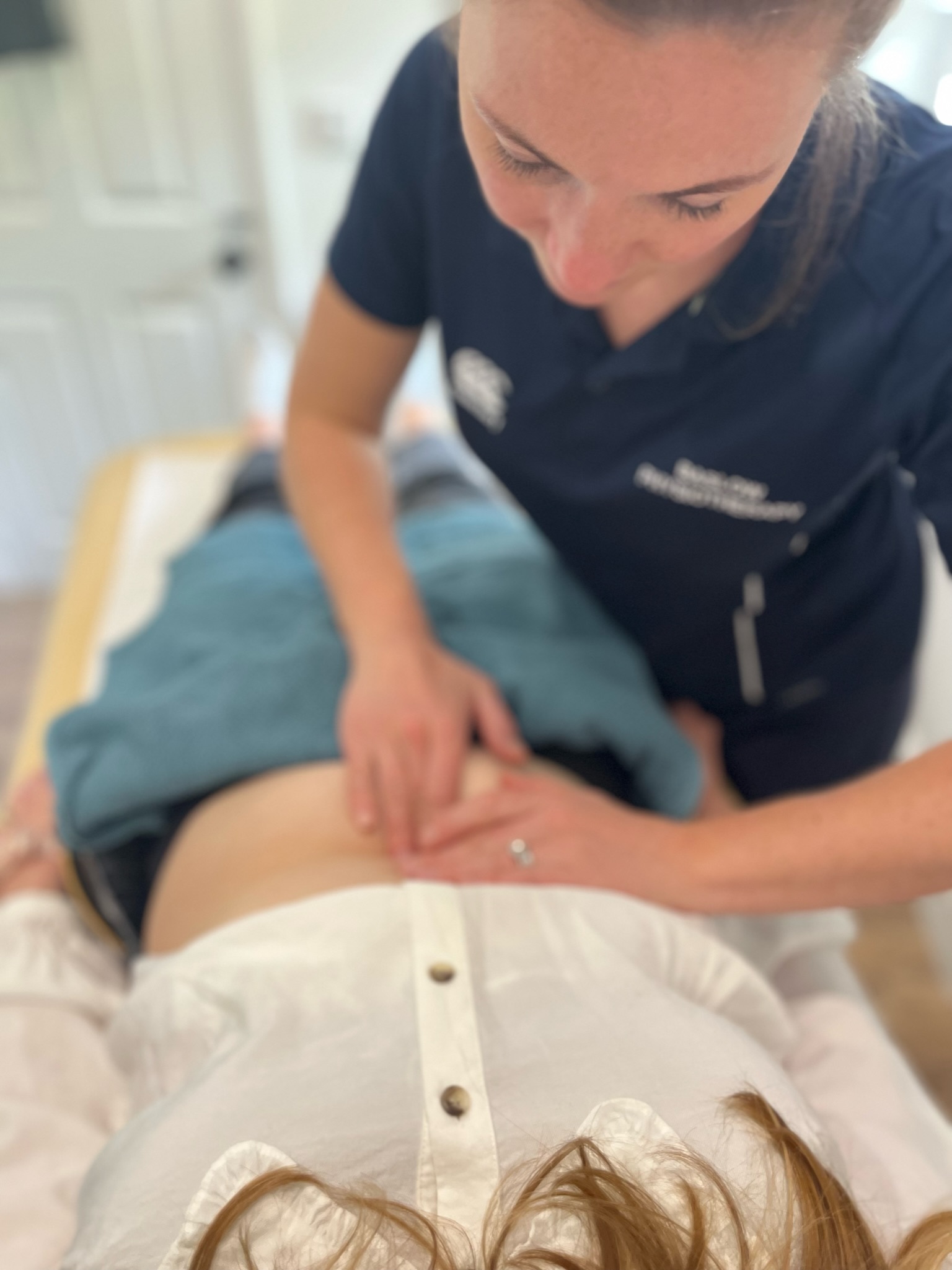
Vaginal prolapse can be difficult to navigate for some women, especially when they want to keep active and continue with certain hobbies and sports. Vaginal pessaries in combination with pelvic floor physiotherapy can be very successful in enabling this.
A thorough assessment is required initially to fully assess any pelvic floor dysfunction and level of prolapse. If appropriate Sarah will discuss the type of pessary recommended and arrange a subsequent fitting appointment.
More about pessaries HERE
and Frequently Asked Questions
A pessary can be a useful non-surgical option for women with symptoms of vaginal prolapse, including heaviness, bulge or pressure.
Book an initial appointment HERE to find out more
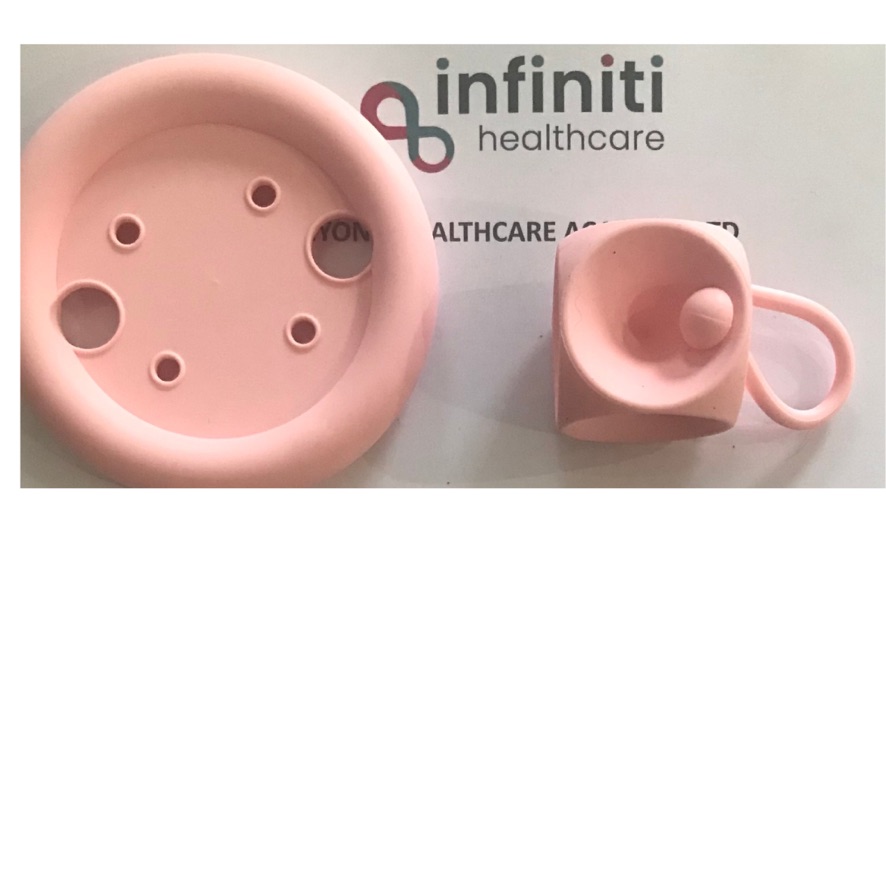
Having a pessary has made me feel so much freer, I can't thank Sarah enough for her kindness and patience. She has given me the time and support to be able to get the right pessary for the things I want to be able to do and best support my prolpase. I can insert and remove it myself and feel confident in using it." | Mary
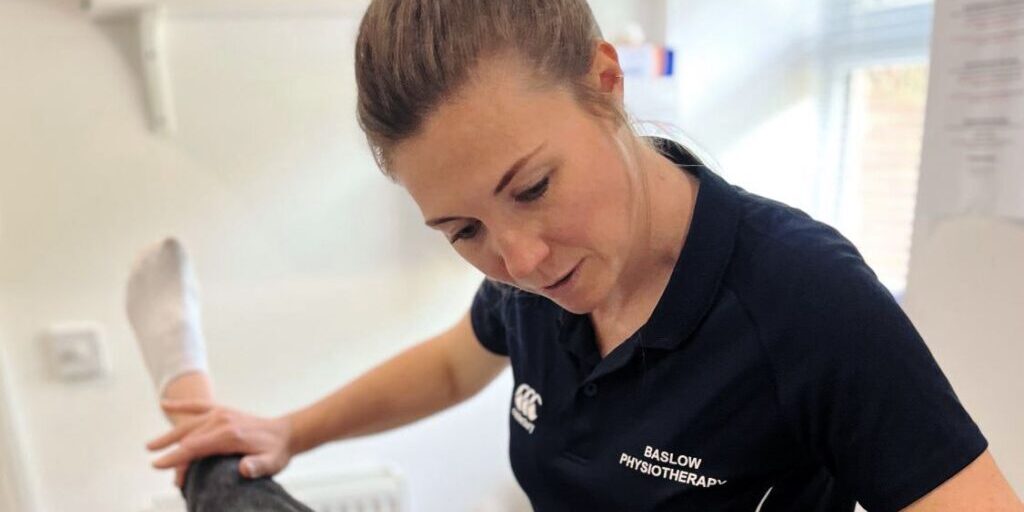
If you feel we could help you
Book your first assessment
New mum MOT
Mummy MOT® assessment | "The postnatal check you deserve"
Whether your baby is 6 weeks old or 6 years old, a New mum MOT assessment is appropriate at any stage after pregnancy. This is especially important if you have had a c-section delivery, instrumental delivery, perineal tearing that you're concerned about, tummy gap separation, symptoms of vaginal heaviness/prolapse or new symptoms related to back pain or pelvic pain post-natally.
What is covered within the New mum MOT assessment?
- Postural check including upper back/neck/ribs cage
- Abdominal wall check including tummy gap check and advice around loading and strengthening your deep core
- Pelvic floor assessment as requried
- Use of real time ultrasound (as appropriate) for pelvic floor rehabilitation
- C-section (and perineal scar) checks
- Scar therapy techniques and scar product recommendations as appropriate
- Individual exercise plan and goal setting
Book your New Mum MOT HERE
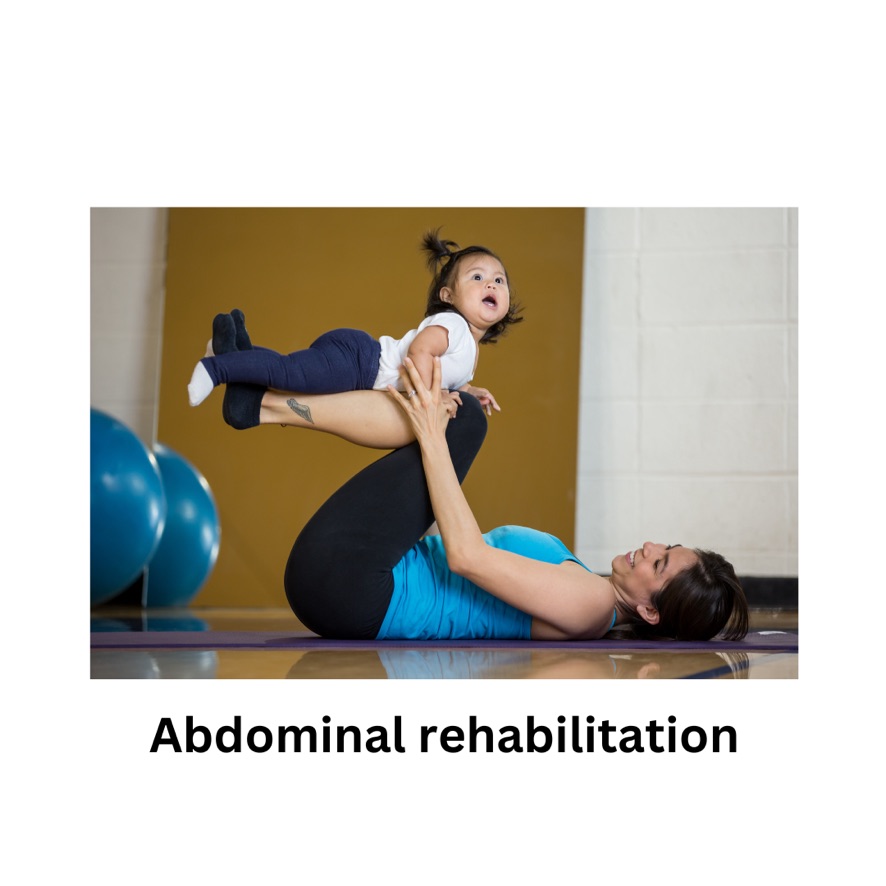
"I can’t recommend Sarah highly enough. I saw her for a postnatal check following the birth of my first baby, to check out a few niggles and advise on returning to exercise. Sarah is lovely and immediately put me at ease. On my first visit she carried out a thorough assessment and provided personalised exercises to prepare me for returning to CrossFit and running. I booked a follow up appointment and am so pleased with my progress. I’m recommending Sarah to all of my friends with new babies, as these appointments have been absolutely invaluable to me. She’s great!" Lauren
Pelvic Floor Physiotherapy
Pelvic floor dysfunction can affect up to 1 in 3 women in their lifetimes. Pelvic floor problems can contribute to symptoms such as urinary leakage, pelvic organ (vaginal) prolapse and pain. Unfortunately, due to the intimate and embarrassing nature of these issues, people can often take months or years to seek the help they need.
Pelvic health physiotherapy is highly specialised and treatment is holistic and individual in nature.
Conditions treated include:
Urinary incontinence
Vaginal prolapse
Pelvic pain
Endometriosis
Vulvodynia and Vaginismus
Constipation/bowel incontinence
Perineal scars after birth (including episiotomy)
Knowing how the pelvic floor is working is vital when trying to help with these problems. Internal pelvic floor assessment may also be offered following discussion with Sarah on an individual basis.
For a Pelvic health assessment please BOOK HERE
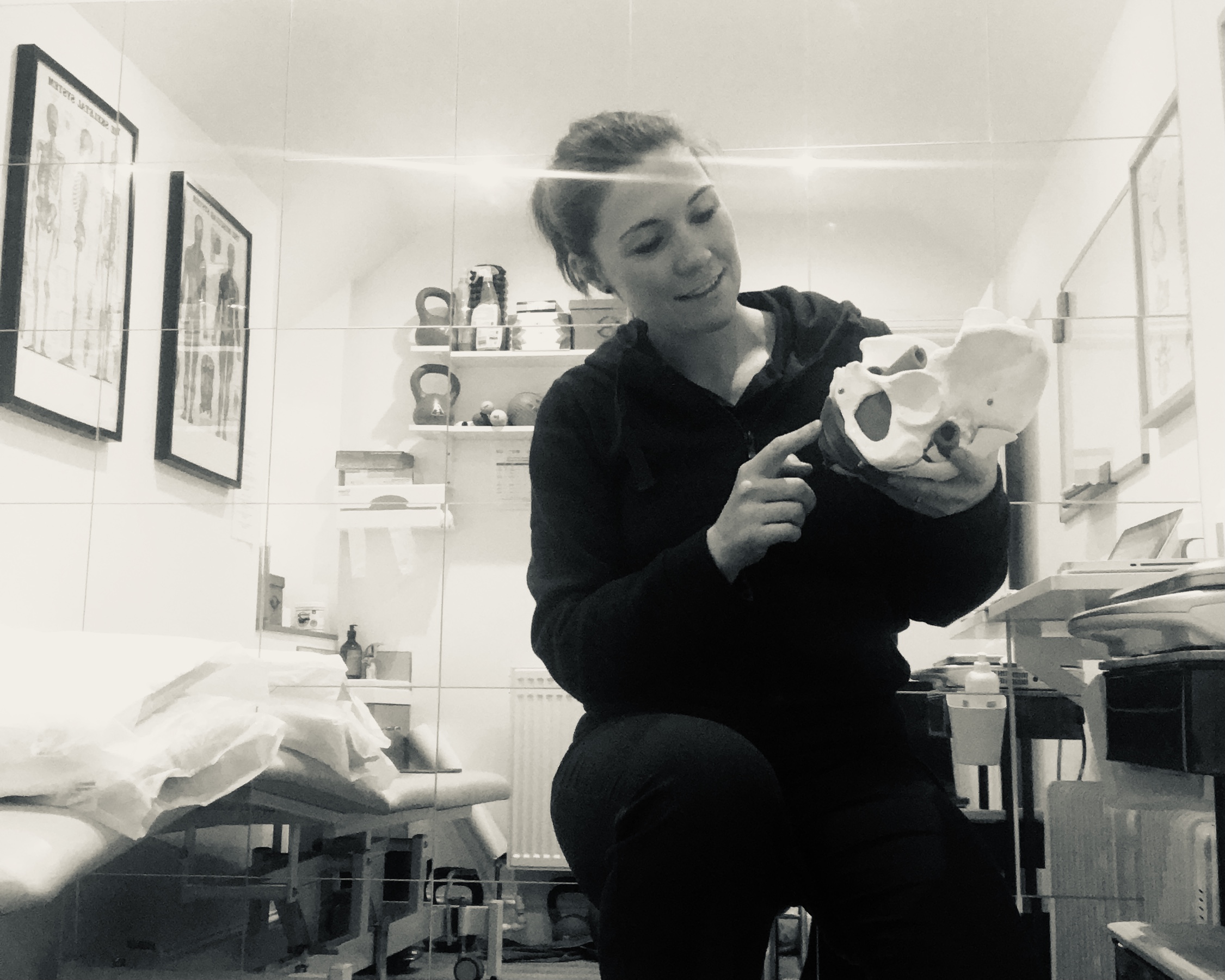
Mary came to Baslow Physiotherapy as she was leaking when running. This was making her feel frustrated and angry that her pelvic floor was letting her down. Due to this she had stopped running altogether and was avoiding social events due to fear of further episodes. Sarah and Mary worked together to identify when leakage was happening and after a full assessment, Mary started a progressive programme of muscle strengthening and graded return to running. Four months later, Mary has confidence in her body and pelvic floor to be able to run again and has even entered her first half marathon!
C-section recovery can be easily forgotten about after birth due to the busy and exhausting period as a new mum. However, taking some time to look at your scar and know a few things to do to care for it can be really helpful.
During a scar assessment, Sarah will look at your abdomen as a whole, checking your freedom to move and breathe and if your scar is having any effects on this.
The way the abdomen looks after a c-section is so much more than losing weight. The way a scar heals can also positively impact on the outcome log term.
Sarah will show you how best to care for your scar including scar massage therapy, exercises and any products that may be helpful to use as well.
C-section scar check ups can be booked here
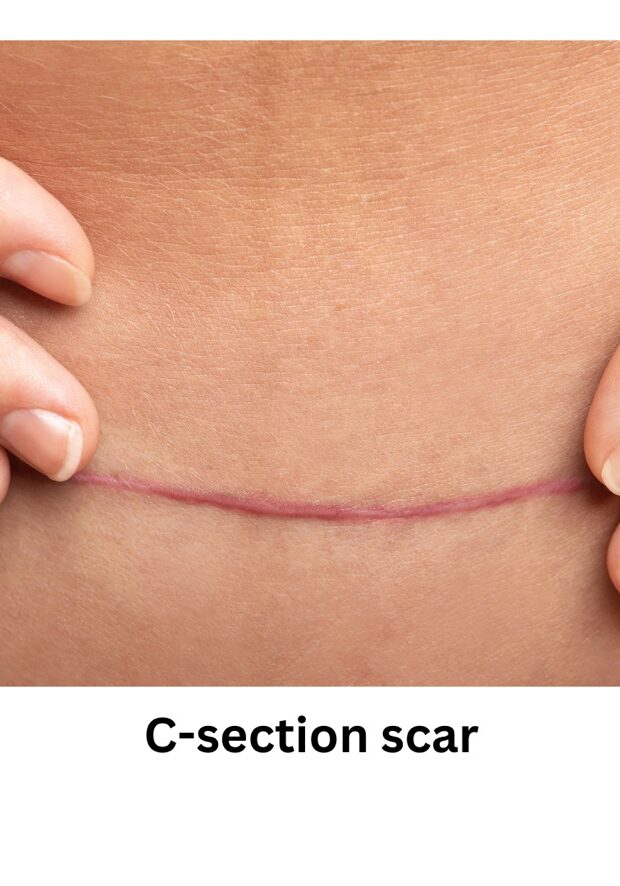
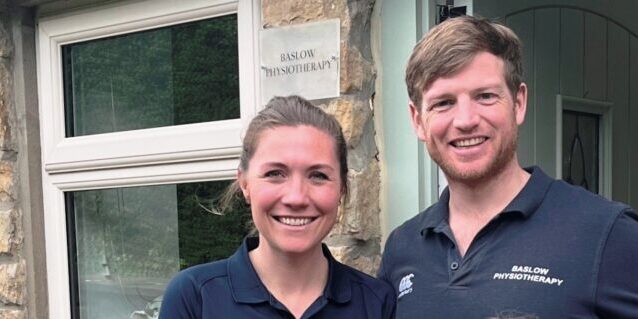
Why wait for tomorrow?
Book your appointment today to get the help you need
FAQs for Baslow Physiotherapy Services

I cannot recommend Sarah highly enough and only wish I’d found her sooner. She is incredibly knowledgeable and professional but also very friendly and puts you totally at ease which incredibly important. She has absolutely made me appreciate me the importance of post natal physio and I will definitely be going to see her again at a much earlier stage if I’m lucky enough to have another baby. Thank you for everything Sarah!
Holly

I had problems with adhesion from scar tissue on my stomach. Sarah, through tissue massage and guiding me through specific exercises managed to sort this for me, and I will be forever grateful. She is an amazing woman... very professional and makes you feel at ease right from the start. The treatment room also shows the high level of professionalism that she and her husband have. This was a specialised area of physiotherapy and she did it with absolute confidence and compassion. She's a very special, and personable woman. Thank you.
Sally
The nature of individual health problems means that previous success in helping patients with these problems is no indicator of a guaranteed positive outcome for everyone. We are unable to predict or guarantee outcomes for any patients.

